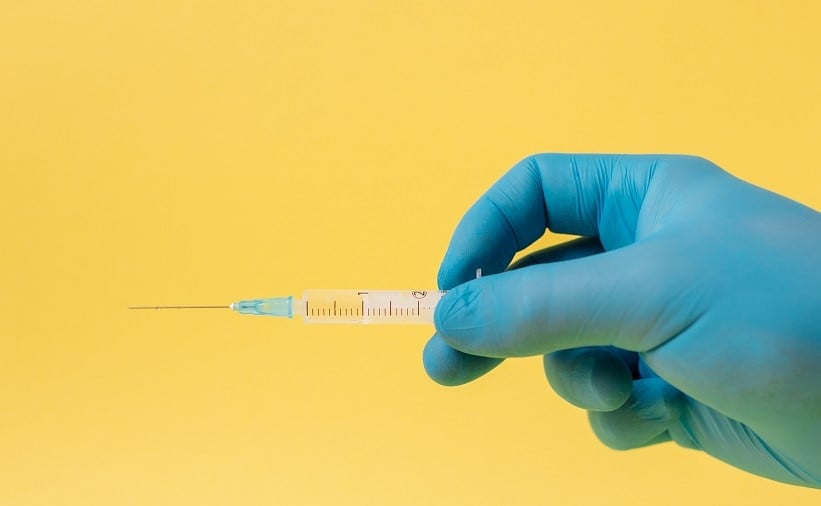TUBERCULOSIS (TB) remains one of the world’s deadliest infectious diseases, yet timely preventive interventions can significantly reduce its impact. A recent study has revealed that an abnormal chest X-ray is a powerful predictor of future TB development, potentially guiding targeted prevention efforts.
Mass Screening Study in China
The study followed 183,808 elderly participants in eastern China as part of a mass TB screening initiative conducted between March and October 2020. Each participant underwent a physical examination and chest X-ray. Those with abnormal or suspicious findings received further evaluation, including computed tomography (CT), culture tests, or GeneXpert MTB/RIF analysis. Over a 2-year follow-up period, researchers assessed the incidence of TB based on baseline X-ray results.
TB Risk Among Participants with Abnormal Chest X-Rays
Of all participants, 27,796 had abnormal chest X-rays at baseline. Individuals with X-rays suggestive of active TB faced an annualised TB incidence of 1,525 per 100,000 person-years. By comparison, participants with normal X-rays had an incidence of just 61 per 100,000. Statistical analysis revealed that those with X-ray findings suggestive of TB had a 16.7-fold higher risk of developing the disease. Even participants with uncertain or stable abnormalities faced significantly elevated risk.
Chest X-Rays as Predictive Tools
These findings have immediate implications for TB prevention. They demonstrate that mass screening combined with X-ray-based risk stratification can help identify high-risk populations, enabling earlier intervention with preventive therapy. This targeted approach could improve outcomes, reduce TB transmission, and optimise resource allocation in high-burden regions.
The study emphasises the potential of chest X-rays not only as diagnostic tools but also as predictive instruments for public health strategies. With TB remaining a global challenge, prioritising individuals with abnormal X-ray results for preventive measures could be a game-changing strategy to reduce disease incidence.
Reference
Zhu P et al. Prognostic value of an abnormal chest X-ray result in predicting the development of tuberculosis. Nat Commun. 2025;16(1):9866.








